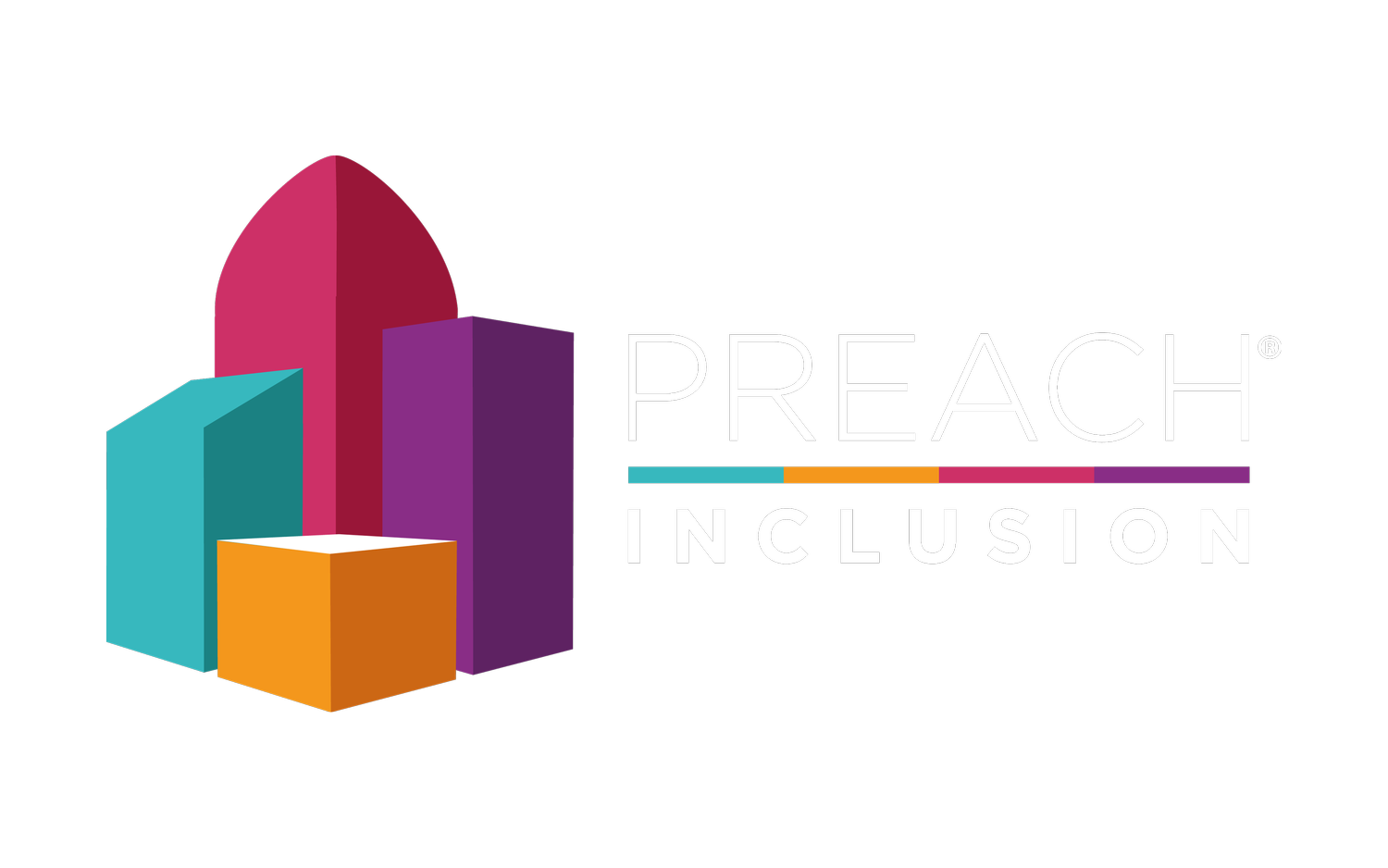Now Is the Time – But We’ve Been Here Before
By Priya Aggarwal-Shah, Founder and Director of PREACH Inclusion.
Priya Aggarwal-Shah, PREACH Inclusion
National Inclusion Week was created to spotlight the importance of embedding inclusion into the everyday fabric of our organisations – not just as a value, but as a practice. Each year, its theme reflects the social climate and the lived realities of those most impacted by exclusion. This year’s theme, ‘Now is the Time’, is a call to action: to move beyond statements and strategies, and into sustained, courageous change.
But for many of us, especially those from ethnic minority backgrounds, we’ve been here before. The rise of far-right extremism, the weaponisation of national symbols, and the scapegoating of immigrants are not new. They echo the hate-fuelled rhetoric of Enoch Powell’s infamous Rivers of Blood speech in 1968, the riots of the 1980s, and the backlash after the Southport murder in 2024. Now, in 2025, we’re witnessing another wave of far-right extremism, Islamophobic violence, and identity-based fearmongering.
This isn’t just a moment. It demands that we ask: Who is inclusion really for? And what does it mean when those who built this country are still treated as outsiders?
We Built This Country Too — And the Numbers Prove It
Let’s be clear: if every ethnic or immigrant minority worker stopped for one day, the UK would grind to a halt. Our NHS, transport systems, hospitality sector, education, and social care are powered by the labour, expertise, and resilience of people from diverse backgrounds.
- NHS: As of March 2024, 28.6% of NHS staff were from Black and Minority Ethnic (BME) backgrounds. In London, that figure is even higher, often exceeding 45% in frontline roles. One in eight senior NHS managers now come from BME backgrounds, marking an 85% increase since 2018.
- Social Care: Nearly 1 in 5 adult social care workers in England are from non-White ethnic groups, with London seeing over 60% of its care workforce identifying as BME (Skills for Care, 2024).
- Transport & Hospitality: Ethnic minorities make up over 30% of the UK’s taxi and private hire workforce, and more than 25% of hospitality workers in urban centres (ONS Labour Force Survey, 2024).
- Education: In major cities, up to 40% of teaching assistants and support staff come from minority backgrounds, often serving multilingual and multicultural classrooms.
Yet we are still asked to prove our belonging. Still treated as threats. Still told to “go back” to places we’ve never lived. This is not just racism, it’s erasure.
“Interculturalism is the difference between diversity as decoration and diversity as direction. It’s the foundation for truly inclusive organisations – ones that don’t just look diverse but feel equitable.”
From Multiculturalism to Interculturalism
Britain is multicultural, yes – but that doesn’t mean we’re inclusive. Multiculturalism often stops at visibility: different cultures existing side by side, without necessarily interacting, understanding, or influencing one another. It can become a passive state of coexistence, where diversity is acknowledged but not engaged with.
Interculturalism, by contrast, is active. It’s about building bridges, not just between cultures, but between people. It requires curiosity, humility, and a willingness to be changed by what we learn from one another. It’s not just about who’s in the room, it’s about how power, voice, and belonging are distributed within it.
In our workplaces, this shift means:
- Creating spaces where people can challenge ideas without fear. Psychological safety must extend to cultural critique. Inclusion isn’t just about comfort, it’s about courage.
- Embedding cultural intelligence into leadership development. Leaders must be equipped to navigate difference, not just tolerate it. This includes understanding how culture shapes communication, decision-making, and conflict.
- Valuing lived experience as expertise – not as a side note. Marginalised voices shouldn’t be invited in only during heritage months or crisis moments. Their insights must inform strategy, policy, and everyday practice.
Interculturalism is the difference between diversity as decoration and diversity as direction. It’s the foundation for truly inclusive organisations – ones that don’t just look diverse but feel equitable.
Moving From Performative Allyship to Principled Action
When events like Far-Right protests unfold, many organisations struggle to respond meaningfully. The instinct is often to stay neutral, to avoid saying the wrong thing. But silence is not always safety.
“Good allyship is doing the homework to understand the challenges faced by marginalised groups; not expecting your diversity networks to lead on these.”
The uncomfortable truth is that Britain still resists talking openly about race. There’s a pervasive fear of getting it wrong, of offending, or not knowing enough. This fear keeps us from asking the questions that break down barriers.
But asking questions and checking-in is OK and important. It shows you’re empathetic and culturally aware, recognising that events impact our participation and productivity within the workplace. Suggest hosting safe spaces for people to share concerns and signpost people to employee assistant programmes.
If is there is a conversation happening and you know what is being said is wrong or upsetting for other people, then call it out. Use your power and position to challenge harmful narratives.
Educate yourself about what is happening around the world. Good allyship is doing the homework to understand the challenges faced by marginalised groups; not expecting your diversity networks to lead on these.
Here are some resources to help you:
Our Faith and Religion guidebook, produced in partnership with London Property Alliance.
Our Race guidebook, also produced in partnership with London Property Alliance.
Learn more about Islamophobia here.
Our comment piece on cultural intelligence during a time of global conflict.
Our comment piece about the Far-Right riots in Summer 2024.
Finally, take it a step further and openly show your support. Messages, posts and more all make a difference.
At a time when DEI has received so much backlash, we’d argue that intersectional inclusion is more important than ever.
As always, email hello@preachinclusion.com to learn more about our training and advisory services.

